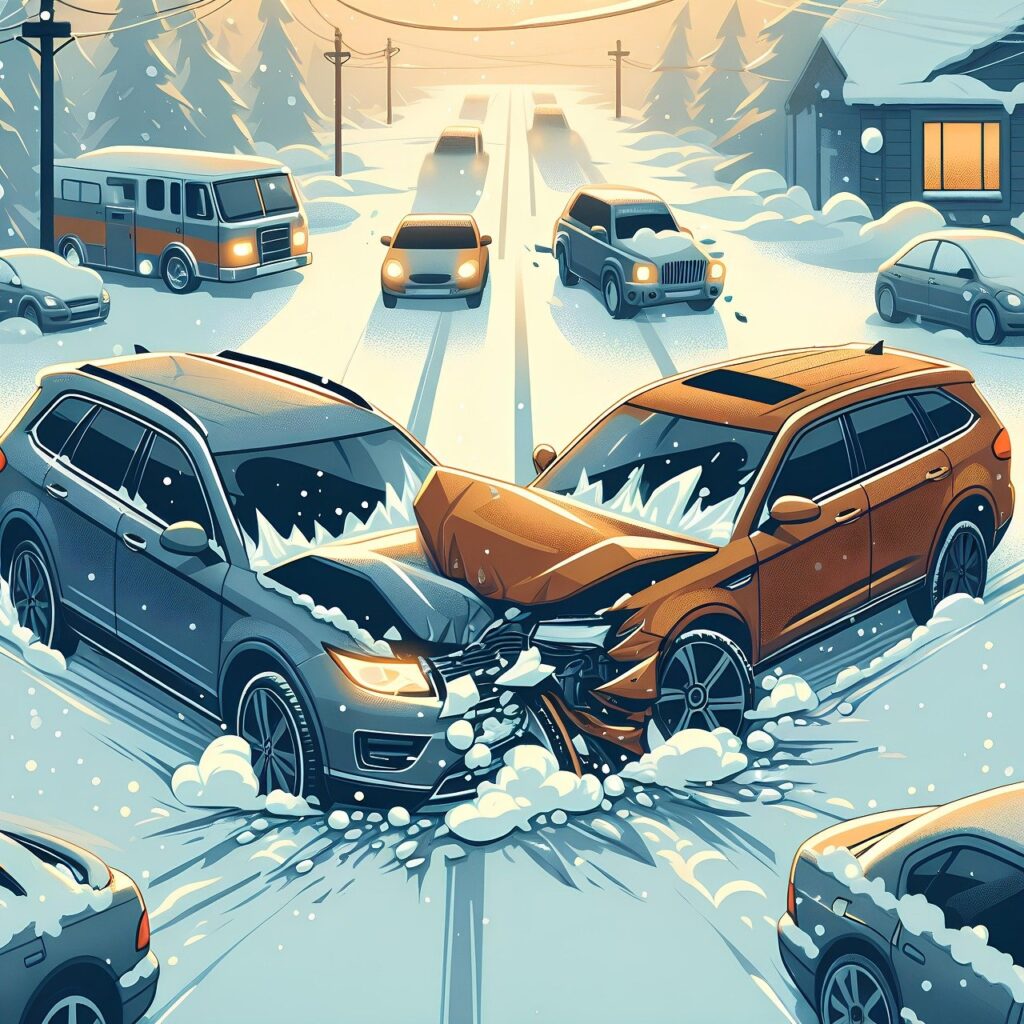Car accidents can be stressful and overwhelming, and one of the concerns that often follows is the potential increase in car insurance premiums. Understanding when and why your car insurance might go up after an accident is essential for managing your finances and making informed decisions about your car insurance coverage.
When Does Car Insurance Go Up After an Accident?
Generally, your car insurance premiums are likely to increase if you’re found at fault for an accident or if your insurer determines that you share some responsibility. The exact amount of the increase can vary based on several factors, including the severity of the accident, the cost of the claim, your driving history, and the policies of your insurance provider.
Here are some scenarios in which your car insurance premiums might go up after an accident:
- At-Fault Accidents:
- If you are deemed to be at fault for an accident, your insurance company may view you as a higher risk, leading to an increase in your premiums. The reasoning is that a driver who has caused an accident is statistically more likely to be involved in another one.
- The extent of the increase can depend on how much damage was caused, both to your vehicle and to others. A minor fender bender might result in a small premium increase, while a more severe accident with significant property damage or injuries could lead to a more substantial hike.
- Accidents with Claims Filed:
- Even if you’re not entirely at fault, filing a claim can still result in higher premiums. Insurance companies consider the frequency of claims when assessing risk. If you file multiple claims over a short period, your insurer might raise your rates, viewing you as a higher-risk policyholder.
- This is particularly true if the claims involve substantial payouts or indicate a pattern of risky driving behavior.
- Comprehensive Claims:
- Accidents resulting from non-collision events, like theft, vandalism, or natural disasters, usually fall under comprehensive coverage. Filing a claim for these incidents can also lead to an increase in your premiums, although the impact is often less severe compared to at-fault accidents.
- No-Fault Accidents:
- In some cases, even if the accident is not your fault, your insurance premiums might still rise. This can happen if you live in a “no-fault” state, where each driver’s insurance covers their own damages regardless of fault. Your insurer might raise your rates because you’ve been involved in an accident, even if it was caused by someone else.
Factors Influencing the Extent of the Premium Increase
Several factors influence how much your car insurance premiums might go up after an accident:
- Severity of the Accident:
- The more severe the accident, the more likely it is that your premiums will increase significantly. Insurance companies assess the cost of the claim, including vehicle repairs, medical bills, and potential liability costs, when determining the premium hike.
- Your Driving History:
- If you have a history of accidents or traffic violations, the impact of a new accident on your premiums may be more severe. Conversely, if you’ve been a safe driver for many years, your insurer might be more lenient, leading to a smaller increase.
- Insurance Company Policies:
- Different insurance companies have different policies regarding premium increases after accidents. Some may offer accident forgiveness programs, where your first at-fault accident doesn’t result in a rate increase. Others might increase your premiums more steeply or more gradually depending on their specific guidelines.
- State Regulations:
- The state you live in can also affect how much your premiums go up after an accident. Some states have regulations that limit the extent to which insurers can raise rates after a first-time accident.
How to Mitigate Premium Increases
While you might not be able to avoid a premium increase after an accident, there are steps you can take to mitigate the impact:
- Shop Around:
- After an accident, it might be worth comparing quotes from different insurers. You could find a better rate elsewhere, even with the accident on your record.
- Consider Higher Deductibles:
- Opting for a higher deductible on your policy can lower your premiums, which might offset the increase after an accident.
- Take Defensive Driving Courses:
- Some insurers offer discounts for completing defensive driving courses, which can help reduce your premiums.
Conclusion
While car insurance premiums are likely to go up after an accident, the extent of the increase can vary widely based on several factors. Understanding these factors and exploring ways to mitigate premium hikes can help you manage the financial impact of an accident and maintain affordable coverage.

